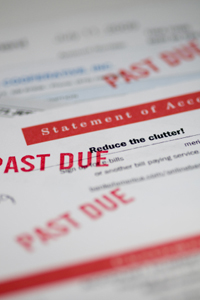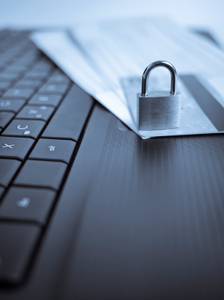With all the excitement around markets picking up and mortgage rates edging back up, you may be one of the many considering whether or not now is the time to leap into the market to find your new home.
But is now the time? A recent webinar, ”
Is Now the Time to Buy a Home?” hosted by Equifax and presented by real estate pros Steve Cook, former vice president of public affairs for the National Association of Realtors and Equifax Chief Economist Amy Crews Cutts, addressed that very question. The debate is a classic question, but the bottom line is: real estate can be a worthwhile investment, provided you make smart decisions throughout the process.
The webinar discussed these further, suggesting listeners take the necessary steps to get the best possible investment. For example, despite low rates that are slowly rising, it can be hard for some to qualify for and get a mortgage. Getting a mortgage today is just as hard as it was a few years ago, and only 60 percent of those who apply for a mortgage are able to secure financing. Prepare for the mortgage application process in advance by getting your free credit reports, working to raise your score over the months prior to your home search and working on increasing your savings so you have as much as possible to put down and are in the best financial standing possible.
To learn more about market trends, growing your
credit ratings and more need-to-know facts about personal finance, check the Equifax Finance Blog!





